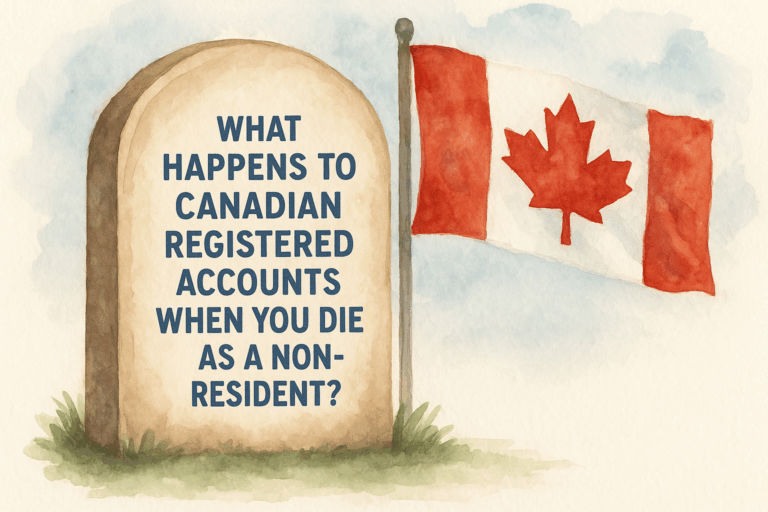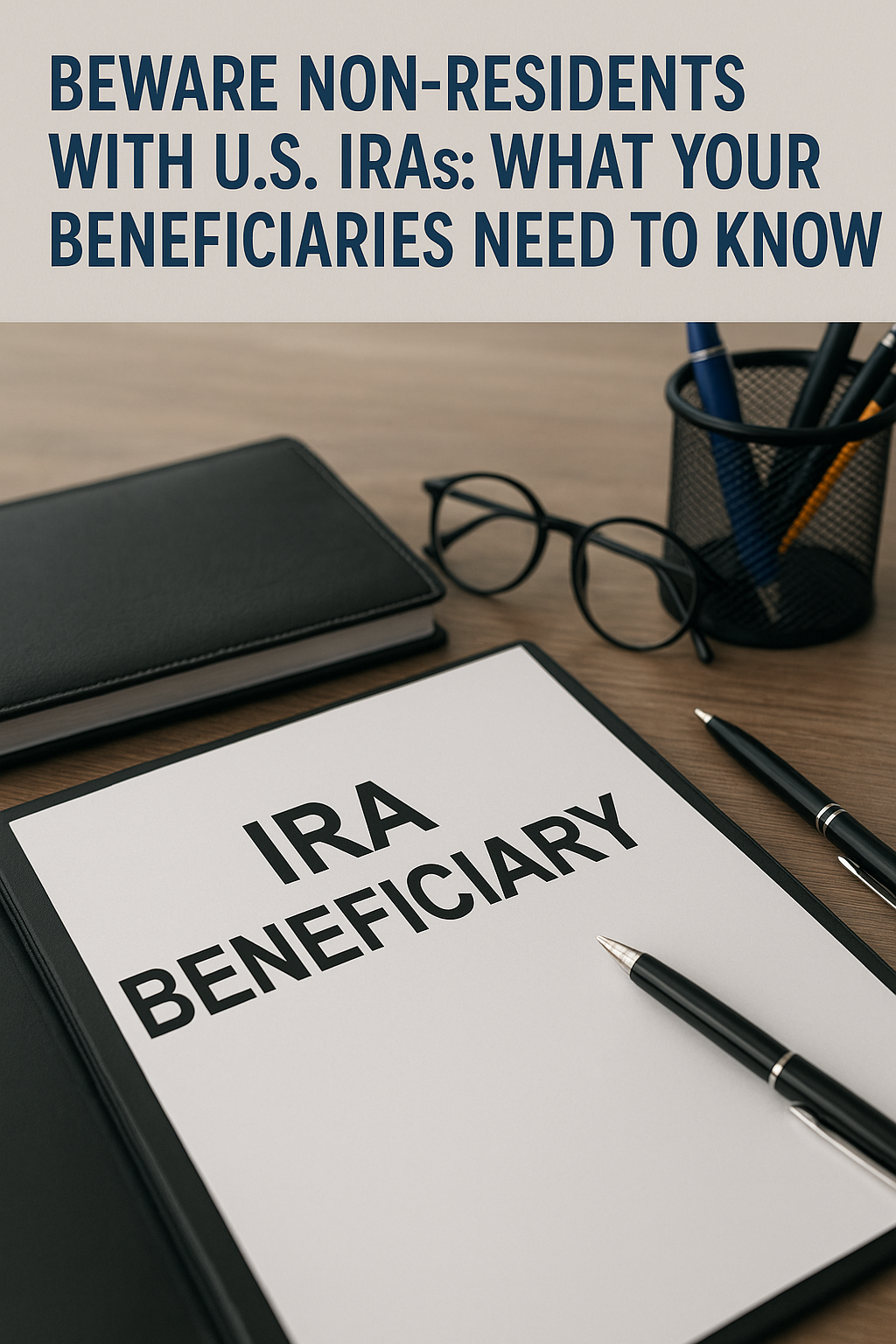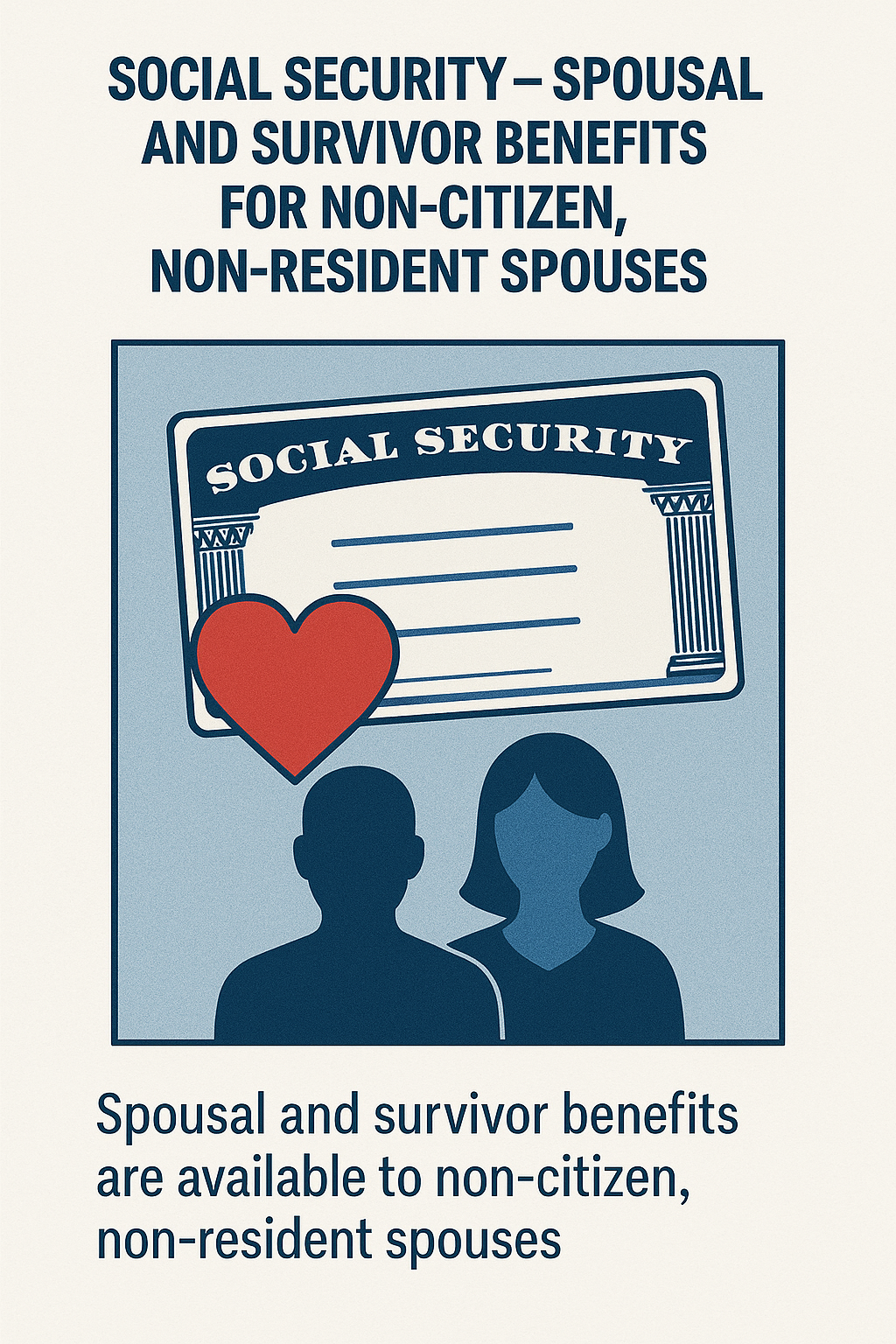
Thinking of moving to Canada? Whether you’re retiring, relocating for work, or simply pursuing a new adventure, there’s one critical error we see time and again: Not Planning Ahead.
It’s the most common, and the most costly, mistake people make when moving north of the border.
Why Planning Ahead Matters
Crossing the border between the U.S. and Canada isn’t just a physical move, it’s a financial transformation. Virtually every aspect of your financial life changes, including:
- Investment taxation
- Retirement account rules
- Health and education savings strategies
- Estate planning structures
- Reporting requirements
- Income splitting opportunities
If you move to Canada without the guidance of a qualified cross-border financial planner, you’re likely to make mistakes, not because you’re careless, but because the systems are fundamentally different and full of complex traps for the inexperienced.
These Mistakes Can Be Costly
There are two kinds of costs you’ll face if you move to Canada unprepared:
- Direct Costs
Penalties, unexpected taxes, and compliance failures can be expensive. You might trigger capital gains tax, double taxation, or fail to meet reporting obligations simply because you didn’t know better. - Opportunity Costs
Perhaps more damaging over time, opportunity cost means missing out on strategies that could have saved you money or helped you grow your wealth more effectively. Roth conversions, income-splitting tactics, and pre-move gifting strategies are just a few examples of what might slip through the cracks without proper planning.
The Two Most Common Specific Mistakes
Beyond the general failure to plan, two particular issues show up repeatedly in our work with cross-border families:
1. Failing to Use Gifting Strategies Before the Move
Before you become a Canadian tax resident, you have a golden opportunity to gift or transfer assets in a way that optimizes future Canadian tax treatment, especially when it comes to income splitting between spouses. Canada doesn’t allow joint tax filing, so everyone files their own tax return and balancing income between spouses helps reduce long-term tax liability. We’ll cover this in detail in another post.
2. Bringing a U.S. Revocable Living Trust Into Canada
U.S. revocable living trusts don’t translate well across the border. If you move to Canada as the trustee of your Revocable Living Trust, it will be deemed a Canadian trust and fall under local rules, leading to Canadian T3 trust filing requirements and taxation at the top combined rate, 50% or more in most provinces. Watch for our upcoming article on this important estate planning pitfall.
Don’t Move to Canada Unprepared
Your financial, tax, and estate life doesn’t just “come along for the ride” when you cross the border, it needs to be actively managed and restructured for your new tax home. Without expert guidance, you risk costly missteps, unnecessary complexity, and a lot of stress.
At 49th Parallel Wealth Management, we specialize in cross-border retirement planning, helping clients navigate the unique challenges of relocating between the U.S. and Canada. Whether you’re years away from your move or days away from packing, we’ll help ensure your transition is as smooth, tax-smart, and stress-free as possible.
Start Planning Before You Cross the Border
Avoid the #1 mistake. Let’s build your personalized cross-border game plan before you make the move. From the desert to the tundra, we are your cross-border retirement experts!




